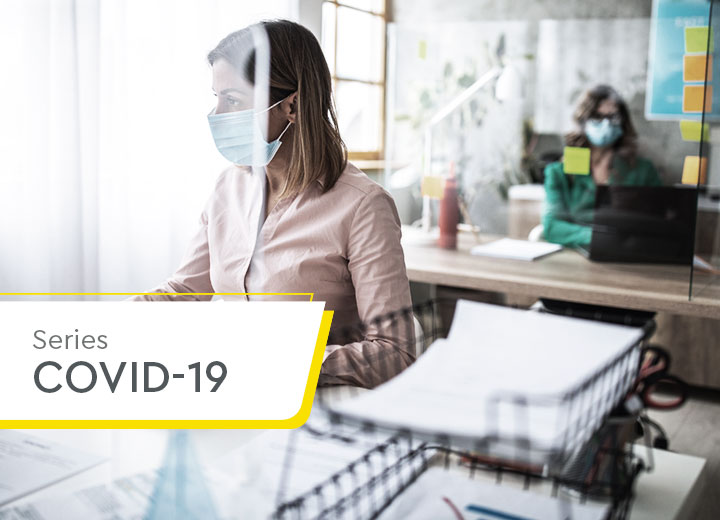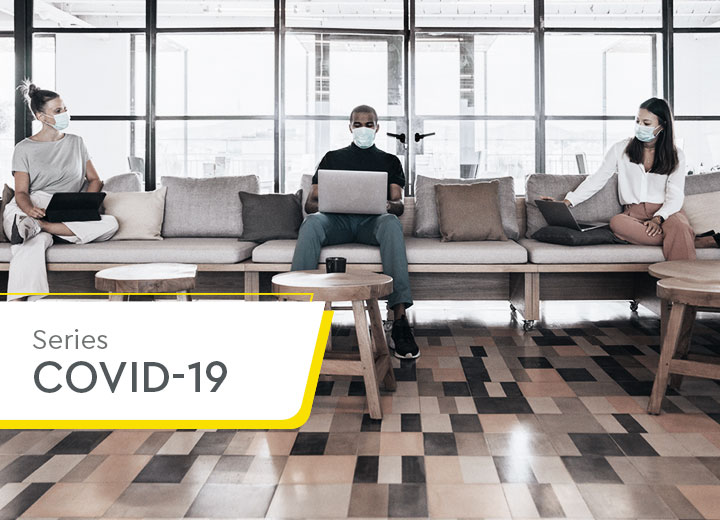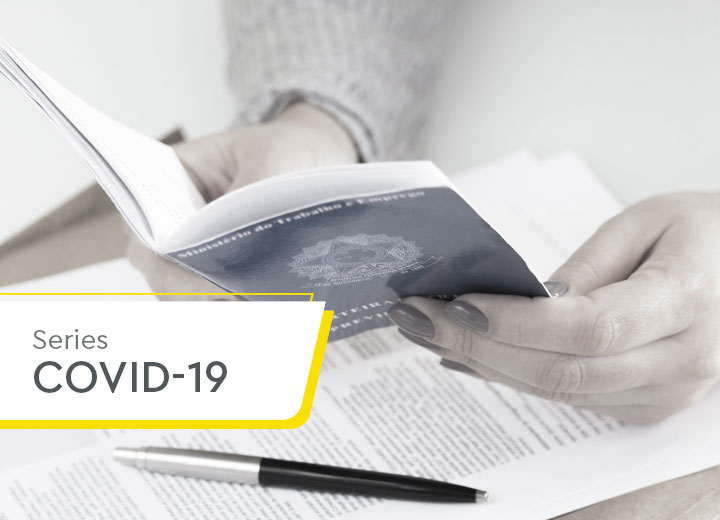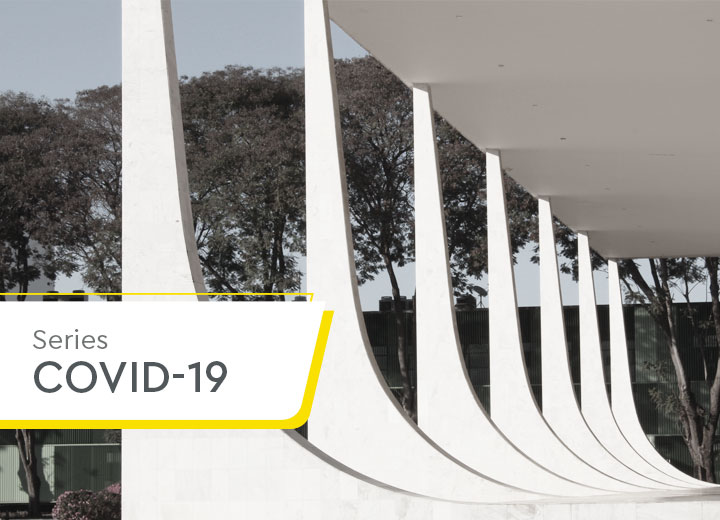
Even processing anonymized data, algorithms can lead companies to decide in a discriminatory manner, which subjects them to sanctions such as warnings and fines of up to BRL 50 million as of August 1.

In the absence of a specific legislative solution, the IPCA-E should be used in the pre-judicial phase, while the Selic rate must be applied after service of process on the defendant. The adoption of the IPCA-E benefits workers.

Fixed monthly amount to make up for expenses incurred with teleworking is not included in employees' remuneration and is not subject to labor and social security charges, provided that certain parameters are observed.

With no specific legislation regulating the issue and without a Supreme Court decision, how should companies act? Given the importance of diversity and respect for all individuals and their fundamental rights, we must acknowledge transgenders' right to use the restroom designed for the gender with which they identify.

If an employee decides to keep the benefit even performing activities in a hazardous environment, the company is authorized to terminate the employment contract.

Employees may have their contracts suspended or their salaries and working hours reduced for a total of 180 days, subject to the decreed period of the public emergency.

With this understanding, the court observes the constitutional jurisdiction and respects the autonomy of the legislation regulating health plan contracts, bringing about legal certainty for companies.

Brazilian Congress has 60 days to issue a legislative decree regulating issues arising under labor relations during the period of validity of MP 927.

Where do things stand now with the labor rules that had been relaxed due to the coronavirus pandemic? End of the validity of the MP affects individual agreements, acceleration of holidays and vacations, remote work, and hours bank arrangements, among other issues.

Possible ways to reconcile the restrictions imposed with other legal obligations arising from collective wage adjustment negotiations.

Brazilian president sanctions MP 936/20 with specific vetoes to the bill approved by the Brazilian Congress.

Companies must follow federal, state, and municipal protocols that set guidelines for health measures, social distancing, and even employees’ order of preference to return to in-person activities.

Joint Ordinance No. 20/2020 establishes the measures that companies must observe to prevent, control, and mitigate risks of transmission of covid-19 in the workplace.

Following the procedure for conversion of Executive Order 936/20 into federal law, the Federal Senate approved the Conversion Bill (PLV) on June 16, contemplating various changes in the original text proposed by the Federal Government.

Decision by the Court does not yet settle the debate. Companies must evaluate with the utmost care their decisions on whether to pay these amounts.